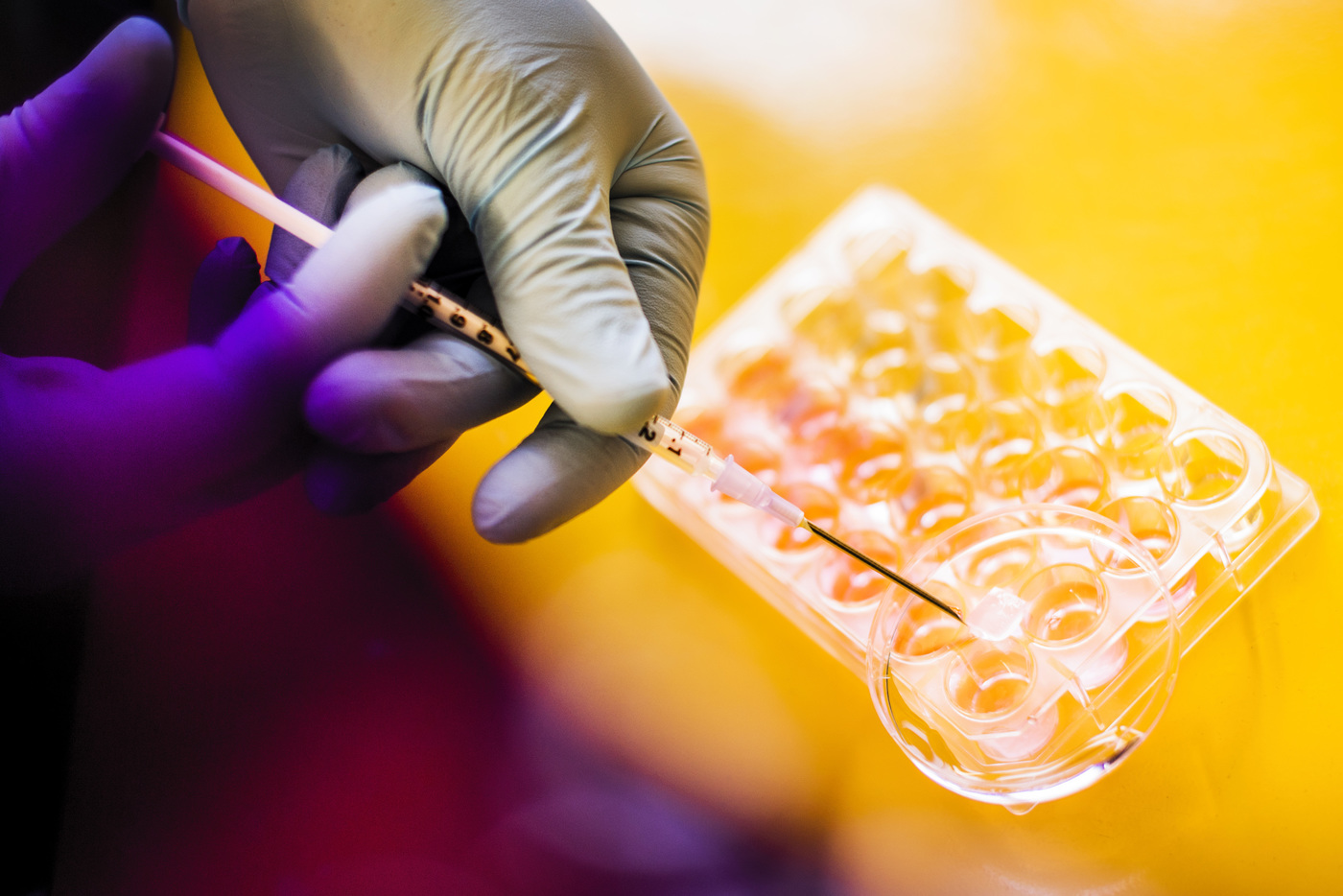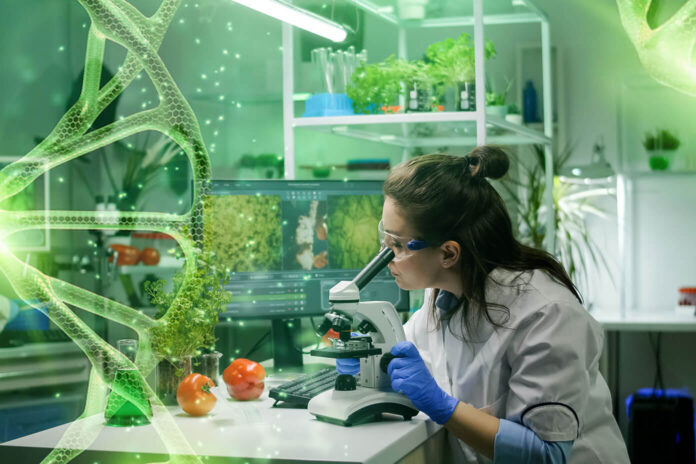In recent years, biotechnology has emerged as a powerful force that is transforming the fields of healthcare and agriculture. With advancements in genetic engineering, molecular biology, and other related disciplines, scientists and researchers are unlocking the potential of living organisms to address some of the most pressing challenges facing humanity. From developing innovative treatments for diseases to creating genetically modified crops, biotechnology is revolutionizing the way we approach healthcare and agriculture.
Healthcare, once limited to conventional pharmaceuticals and medical procedures, is now witnessing a paradigm shift with the application of biotechnology. One of the most significant breakthroughs in this field has been the development of biopharmaceuticals. These are drugs derived from biological sources such as proteins, antibodies, and nucleic acids. Biopharmaceuticals offer numerous advantages over traditional pharmaceuticals, including increased efficacy, reduced side effects, and improved targeting capabilities.
The advent of biotechnology has also propelled the field of personalized medicine. Through genetic testing and analysis, doctors can now tailor treatments to individual patients based on their unique genetic makeup. This personalized approach enables more accurate diagnoses, better treatment outcomes, and the potential to prevent diseases before they even manifest. Biotechnology has made it possible to identify genetic markers for various diseases, allowing for early intervention and personalized treatment plans.

Furthermore, biotechnology is revolutionizing the field of regenerative medicine. Stem cell research, tissue engineering, and gene therapy are some of the areas that hold immense promise for the treatment of previously incurable conditions. Stem cells can differentiate into specialized cells, offering the potential to repair damaged tissues and organs. Gene therapy aims to correct genetic mutations by introducing healthy genes into the patient’s cells. These groundbreaking techniques have the potential to transform the lives of millions of people suffering from conditions such as spinal cord injuries, heart disease, and neurodegenerative disorders.
In addition to healthcare, biotechnology is also revolutionizing the agriculture industry. By harnessing the power of genetic engineering, scientists are developing genetically modified (GM) crops that possess improved traits such as increased yield, resistance to pests and diseases, and enhanced nutritional value. GM crops have the potential to address food security challenges by producing higher yields on less land, reducing the need for pesticides and herbicides, and improving crop resilience in the face of climate change.
Biotechnology is also driving the development of sustainable agricultural practices. For example, biofuels derived from crops such as corn and sugarcane offer a renewable alternative to fossil fuels. These biofuels produce lower greenhouse gas emissions and help reduce reliance on non-renewable energy sources. Furthermore, biotechnology is being used to develop environmentally friendly methods of pest control, reducing the need for chemical pesticides and minimizing their impact on ecosystems.
The rise of biotechnology is not without its challenges and ethical considerations. Issues such as intellectual property rights, biosafety, and public perception of genetically modified organisms (GMOs) continue to be subjects of debate. It is essential to strike a balance between innovation and responsible development to ensure the benefits of biotechnology are maximized while minimizing any potential risks.
In conclusion, biotechnology is rapidly transforming healthcare and agriculture. The innovative applications of biotechnology, ranging from biopharmaceuticals and personalized medicine to genetically modified crops and sustainable agriculture, have the potential to revolutionize these sectors. As our understanding of genetics and molecular biology advances, we can expect even more exciting breakthroughs in the future. However, it is crucial to approach the development and implementation of biotechnology with care, considering the ethical implications and ensuring the long-term sustainability and safety of these technologies. The rise of biotechnology represents a tremendous opportunity to address some of the world’s most significant challenges and improve the lives of people across the globe.

